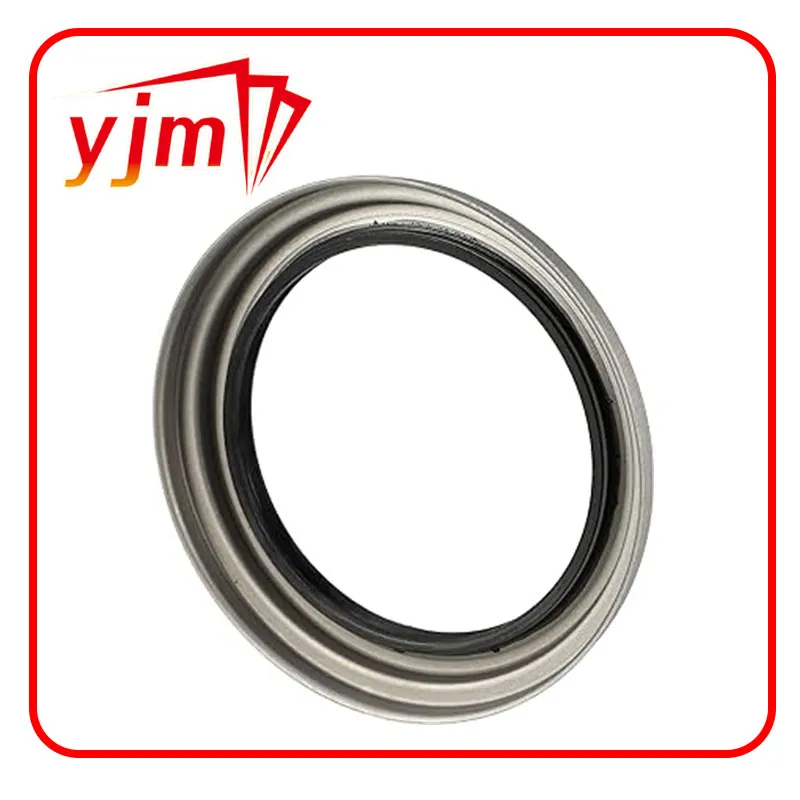Preventing Oil Filter Gasket Leaks for Better Engine Performance and Longevity
Understanding Oil Filter Gasket Leaks Causes, Symptoms, and Solutions
An oil filter gasket leak can pose serious problems for your vehicle's engine. The oil filter gasket is a crucial component that seals the connection between the oil filter and the engine, ensuring that oil circulates correctly while preventing leaks. Despite its small size, when it fails, it can lead to significant issues. This article will explore the causes, symptoms, and solutions related to oil filter gasket leaks.
Causes of Oil Filter Gasket Leaks
Several factors can contribute to the deterioration of an oil filter gasket. One of the primary causes is age and wear. Over time, rubber gaskets can become brittle and crack, leading to leaks. Exposure to high temperatures and chemicals, such as oil and coolant, can further accelerate this degradation.
Another common culprit is improper installation. If the oil filter is not secured properly, or if the gasket is damaged during installation, it can lead to leaks. Over-tightening the filter can also compress the gasket too much, causing it to deform and ultimately fail.
Additionally, contamination is a significant factor. If dirt, debris, or old oil remains on the mating surface where the gasket resides, it can create an uneven seal, leading to leaks. This highlights the importance of proper oil filter replacement procedures.
Symptoms of an Oil Filter Gasket Leak
Identifying an oil filter gasket leak early can help prevent damage to the engine. One of the first signs of a leak is the presence of oil pooled under the vehicle. If you notice dark, viscous fluid on your driveway or garage, it’s essential to investigate further.
oil filter gasket leak

Another symptom is a drop in oil levels. If you find that you need to add oil frequently, a gasket leak might be the culprit. Additionally, you may notice an increase in engine noise due to insufficient lubrication, which can occur if the oil level dips too low.
When examining the oil filter itself, oil stains or wetness around the perimeter can indicate that the gasket is leaking. If you notice any of these symptoms, it’s crucial to address the issue promptly to avoid potential engine damage.
Solutions for Oil Filter Gasket Leaks
To resolve an oil filter gasket leak, the first step is to thoroughly inspect the oil filter. If the filter has been installed correctly and appears to be in good condition, it may simply be time for a replacement gasket. Many new oil filters come with a pre-installed gasket, so it may be as easy as replacing the whole filter.
If the gasket itself is the issue, it may need to be replaced. This process typically involves removing the oil filter, cleaning the mounting area to remove any debris or old gasket material, and then installing a new filter or gasket carefully to ensure a proper seal. Always ensure the installation is done hand-tight, as recommended by the manufacturer, to avoid over-tightening.
For an effective and long-term solution, using high-quality oil filters from reputable manufacturers can also help reduce the risk of leaks.
Conclusion
An oil filter gasket leak is a manageable yet potentially damaging automotive issue. Regular maintenance, including checks for oil leaks and ensuring proper oil filter installation, can go a long way in preventing these leaks. By understanding the causes and symptoms, drivers can act proactively, ensuring their engines operate smoothly and efficiently. If in doubt, consulting a professional mechanic is always advisable to mitigate any risks associated with oil leaks.
-
Understanding the Importance of the Crankshaft Oil Seal in Engine Performance
News Jun.16,2025
-
The Unsung Heroes of Engine Protection: Understanding Automotive Shaft Seals and Oil Seals
News Jun.16,2025
-
Keeping the Engine Tight: The Role of Crankshaft Seals and Gaskets in Oil Control
News Jun.16,2025
-
Complete Protection in Harsh Conditions: A Deep Dive into Cassette Seals
News Jun.16,2025
-
Choosing the Right Oil Seal: A Guide to Trusted Brands and Suppliers
News Jun.16,2025
-
Advanced Sealing Technologies: Exploring the Range of Modern Oil Seals
News Jun.16,2025
-
Your Essential Guide to Car Repair Kits: From Rust to Dings
News Jun.13,2025
Products categories















